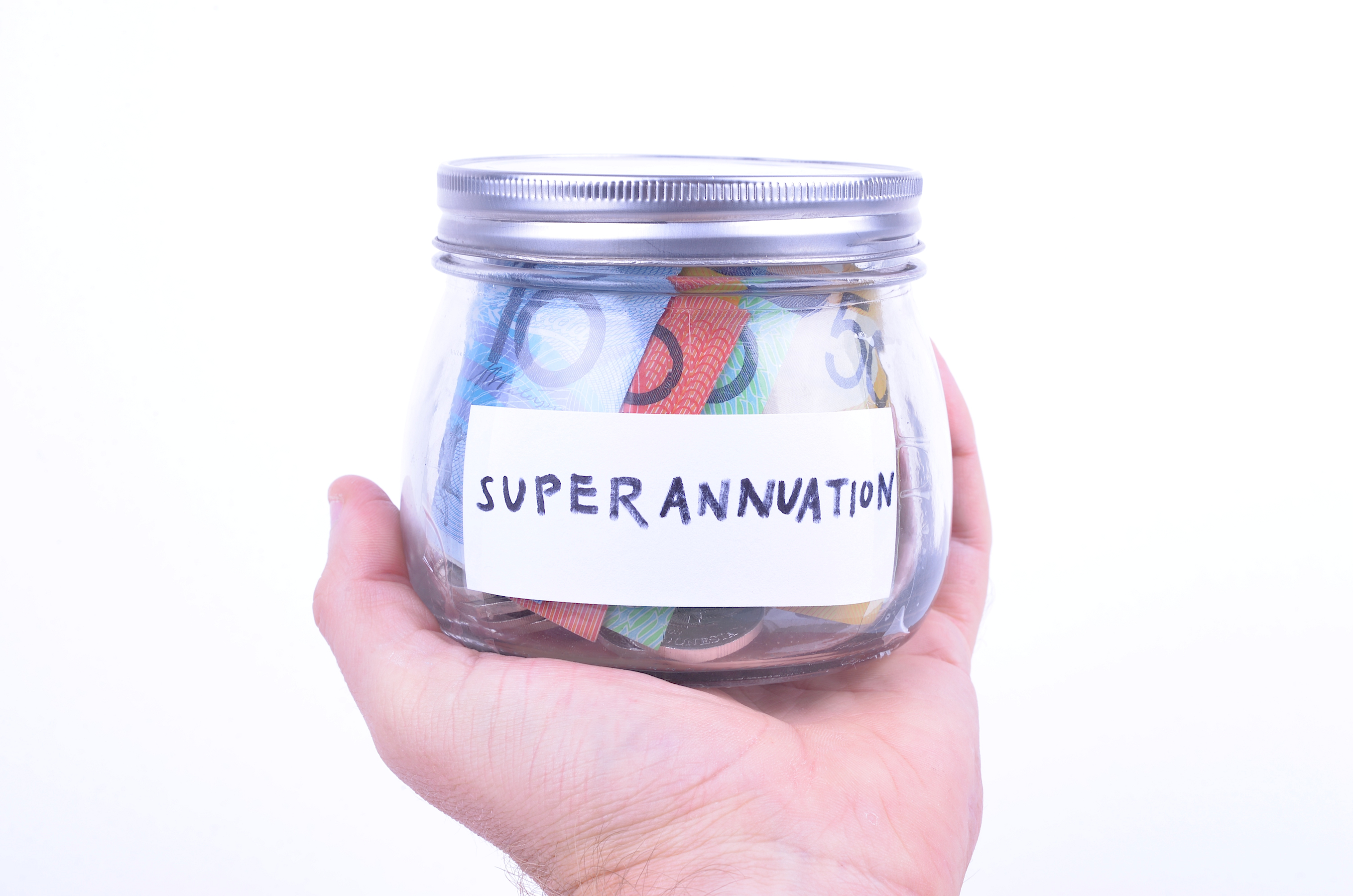 In certain circumstances, company directors can be personally liable for the amount of any employee superannuation entitlements owed to the company’s employees. As a consequence of amendments relating to the Director Penalty Notice (“DPN”) regime made pursuant to the Treasury Laws Amendment (2018 Measures No. 4) Bill 2018 (Cth) (the “Bill”), which received royal assent on 1 March 2019, directors will now be even more accountable for non-payment of employee superannuation entitlements.
In certain circumstances, company directors can be personally liable for the amount of any employee superannuation entitlements owed to the company’s employees. As a consequence of amendments relating to the Director Penalty Notice (“DPN”) regime made pursuant to the Treasury Laws Amendment (2018 Measures No. 4) Bill 2018 (Cth) (the “Bill”), which received royal assent on 1 March 2019, directors will now be even more accountable for non-payment of employee superannuation entitlements.
Director Penalty Notices
A director becomes liable to a penalty as a consequence of a company’s failure to pay employee superannuation entitlements at the end of the day those obligations are due to be met by the company i.e. within 1 month and 28 days after the end of each quarter (the “Due Date”). The Commissioner of Taxation is not required to issue a notice to the director to create that penalty, however, proceedings cannot be commenced against the director to recover that penalty until 21 days have elapsed since the issuance of a DPN.
Under the DPN regime that existed prior to 1 March 2019, there were two (2) types of DPN’s; a Non-Lockdown DPN and a Lockdown DPN.
Under a Non-Lockdown DPN, a director could avoid personal liability for unpaid employee superannuation entitlements if, within 21 days of receipt of the DPN, the amount of the entitlement was paid to the ATO or an administrator or liquidator was appointed to the company.
Under a Lockdown DPN, a director is automatically liable for the unpaid employee superannuation entitlements. A Lockdown DPN was generally issued to a company director where the company to which he or she has been appointed failed to lodge its superannuation guarantee statement within three (3) months of the Due Date.
As a consequence of the above matters, a director was able to effectively wait until just before the “lock down” date, being three (3) months after the Due Date, to place their company into voluntary administration or liquidation and avoid being personally liable for the unpaid employee superannuation entitlements.
Pursuant to the Bill, liability for unpaid superannuation entitlements will now be “locked down” on the Due Date and not the previous three (3) month period from the Due Date. Accordingly, for a director to avoid personal liability for unpaid employee superannuation entitlements he or she would have to appoint an administrator or a liquidator to the company before the Due Date or pay the amount of those outstanding entitlements before the Due Date.
Criminal Penalties
The Commissioner of Taxation has now been provided with powers, pursuant to the Bill, to pursue criminal penalties for serious contraventions of a company’s obligations to pay employee superannuation entitlements. Those penalties can include terms of imprisonment for directors. Previously, the Commissioner of Taxation was only able to collect financial penalties, including the superannuation guarantee charge and interest in such circumstances.
Conclusion
As the financial ramifications that a director can be exposed to as a consequence of the issuance of a DPN can be substantial, directors should seek immediate legal advice should they receive such a notice from the ATO.
Marino Law has extensive experience acting for directors, liquidators, administrators, lenders, financiers and creditors in the administration of all corporate insolvency appointments. Our highly experienced lawyers regularly advise clients in the following areas of corporate insolvency:
- director penalty notices;
- voluntary administrations;
- liquidations;
- voidable transaction claims pursuant to part 5.7 of the Corporations Act 2001 (Cth);
- enforcement of securities; and
- statutory demands.
Should you require assistance in any of the above areas, please contact one of our highly experienced lawyers.

